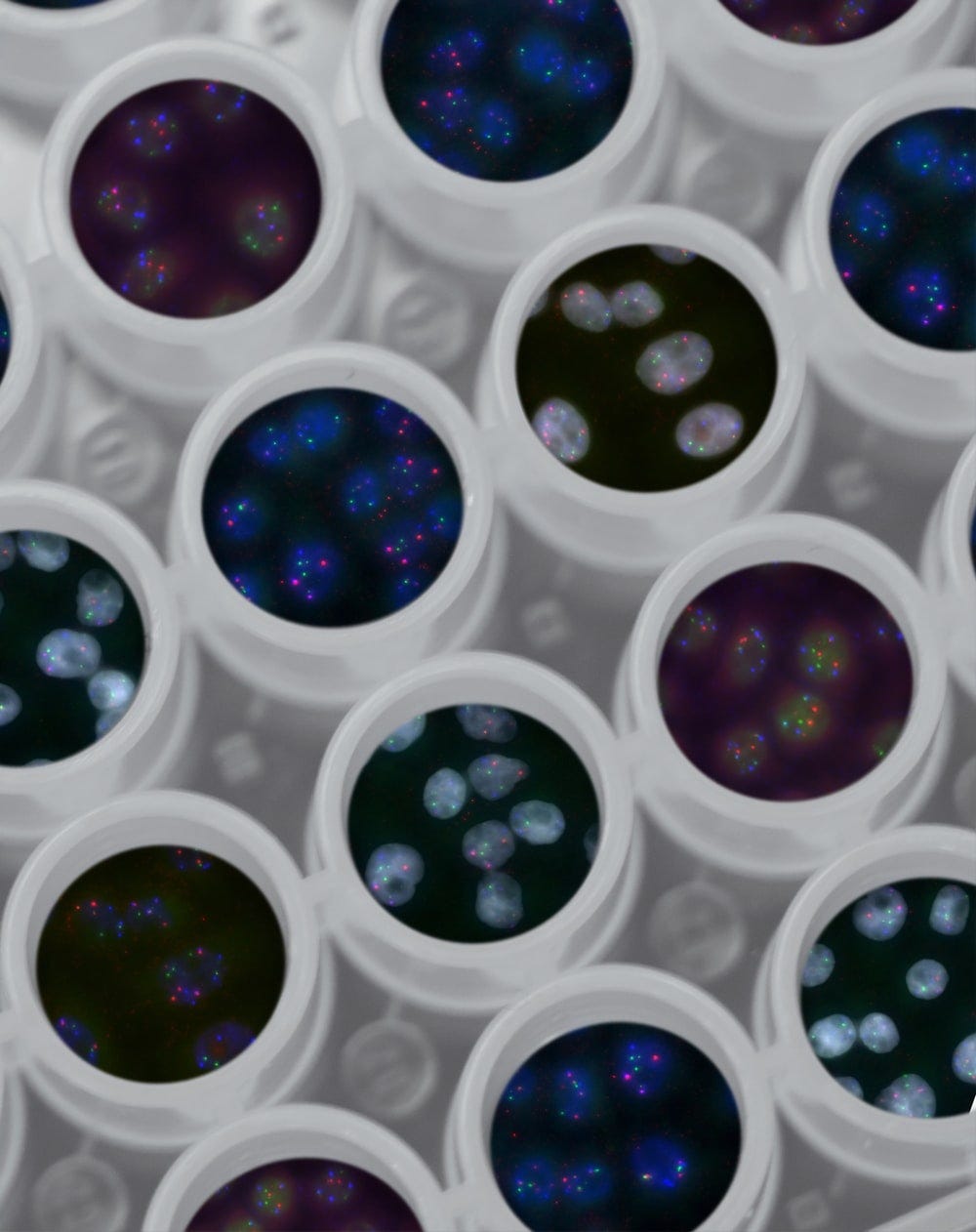Borsalino Test #18: Cancer detection, on the tip of your tongue
Saliva as the novel frontier of liquid biopsy
Hi friend,
During the last few months I have been working on a problem close to my chest - early cancer detection. Next-generation genetic tests aim to provide cancer diagnostics at a very early stage, potentially saving millions of lives per year. In the next decade, curbing cancer could be as easy as taking a saliva Covid test. I decided to crystallize my thoughts on the topic into a short thesis.
Michele
Cancer detection, on the tip of your tongue: saliva as the novel frontier of liquid biopsy
The leading global killer. Cancer hits close to home for everyone over their lifetime. In the US alone we are losing nearly 1,700 loved ones to cancer every day. By 2040, that death toll is set to surge to 3,000. Cancer is on track to become the leading global killer. Moreover, the fight against it represents a major financial burden, squandering substantial public resources. In the US the overall economic impact of cancer accounts for 2% of GDP.
A race, not a fight. Cancer is a progressive disease. Virtually all solid tumors develop as benign lesions that progress at an arbitrary rate, culminating in metastatic diseases. As cancer evolves, the number of treatment options shrinks. The survival rate for a person diagnosed with cancer once it has already spread is just 21%, compared to an 89% of someone whose cancer is found in early stages. The one against cancer is a race, not a fight.
Obsolete screening standards. Today, nearly all detection methodologies are half a century old. They involve invasive body tissue sampling, with accompanying risk of complications. In the context of recent scientific breakthroughs, they are also flawed. Medical imaging techniques like mammography and low-dose computed tomography scanning are highly sensitive but suffer from a high rate of false positives. Moreover, tissue biopsies are limited to certain sites, not to the whole body.
People hate needles. Recent advances in genomics have unlocked the ability to trace fragments of tumor DNA in biofluids. Several companies are at the forefront of liquid biopsy with platforms that can screen for multiple types of cancers with a single blood draw. However, up to 66M of US adults suffer from needle phobia, causing mass resistance to healthcare treatments. Moreover, repeated blood draws are not trivial, especially in small children.
Saliva: the Holy Grail of cancer detection. We need truly noninvasive tools to screen large swaths of the population and curb mortality rates. Early studies have demonstrated the technical validity of saliva-based liquid biopsy platforms to detect non-small cell lung cancer with over 96% concordance with traditional tissue biopsy. Moreover, pancreatic, breast, gastric and oral cancer biomarkers have been reported in saliva. Saliva can transform point-of-care medicine and become the default cancer detection biofluid.
The trillion-dollar opportunity. The market for early-stage cancer diagnostics could be worth multiples of $200B. If all cancer diagnoses took place during Stage 1 instead of Stages 2 to 4, lifespans would be lengthened by 2.9 years on average. Historically, health systems have reimbursed tens of thousands of dollars for a year of extended life. Because early cancer diagnostics would potentially save millions of life-years globally, the total available market for such an advance could exceed $1T.
No better time than now. Early cancer detection has been a subject of research for at least two decades. Molecular diagnostic tests could make more progress against cancer in the next decade than all the advances in this fight have during the last fifty years. Blood has been the primary choice of biofluid. Early exploration of saliva has provided the opportunity to design a truly noninvasive platform able to access a wealth of tumor molecular information. The path from here is uphill, like all the right ones.
References:
National Cancer Institute, The Burden of Cancer in the United States
Ramsey, S.D.; Sullivan, S.D. A new model for reimbursing genome-based cancer care.
Could Liquid Biopsies Be The Holy Grail in Cancer Diagnostics?
Clinical validity of saliva and novel technology for cancer detection
Salivary Exosomes as Nanocarriers for Cancer Biomarker Delivery
Salivary Exosomes as Nanocarriers for Cancer Biomarker Delivery




